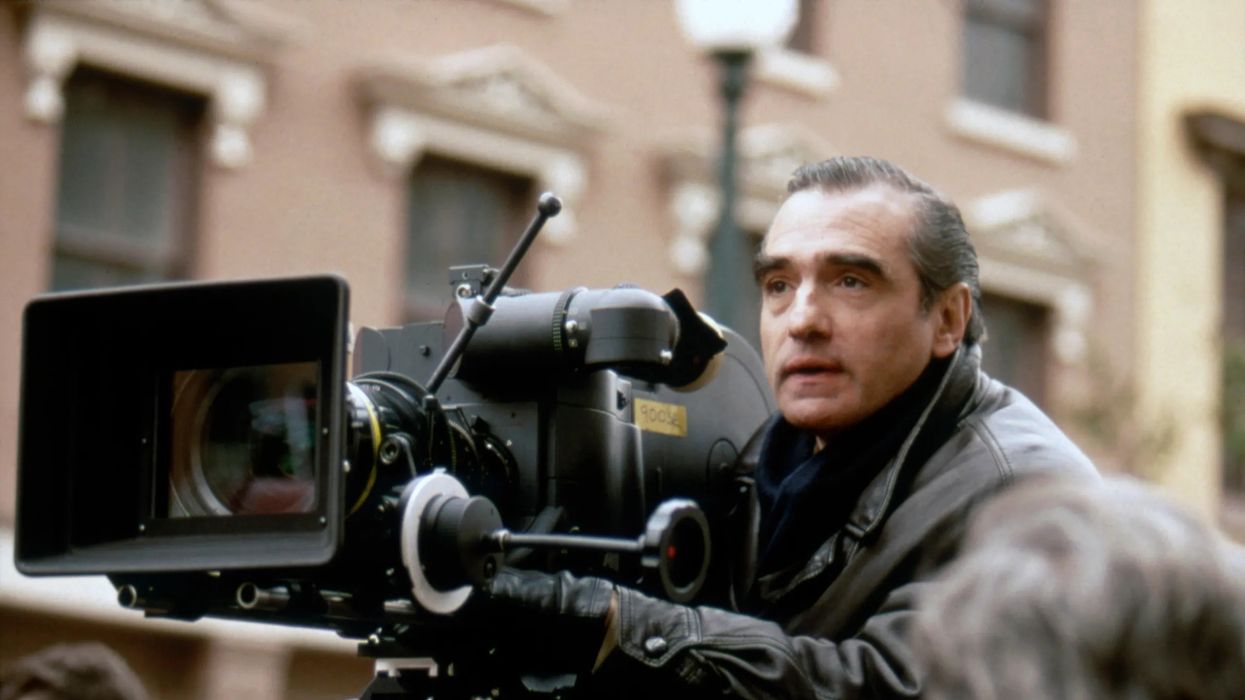Martin Scorsese, Objectivism, Relativism, and How We Read Cinema
Who gets to decide what everything means?

Martin Scorsese is one of the greatest filmmakers of all time. So it's only natural that when people analyze his work, they dig deep. Scorsese is known for injecting spirituality, violence, and moralism into every frame. When The Irishmancame out, I watched every video essay on the subject. I remember Thomas Flight talking about how the opening scene of the movie was a self-homage back to Goodfellas, how Scorsese was talking about whether or not his own work would hold up as he aged, as we watched his movie about a gangster aging. I thought that was such a poignant take. One rife with interesting beats.
Until Scorsese got on camera and debunked it himself.
To his credit, Thomas Flight made another video talking about the objectivism and relativism of moviemaking and direction. It really intrigued me, and also I think it's a good debate for our website.
Check out this video from Thomas Flight, and let's talk after.
Martin Scorsese, Objectivism, Relativism, and How We Read Cinema
I am one of those movie watchers who likes to assign meaning to everything. Meaning makes films fulfilling to me. It broadens how we see things and also adds a mythos to directors and writers who are trying to imbue a sort of depth and wonder into their projects.
I also love a good debate on what movies mean. But the real debate actually seems to be... who gets to decide what movies actually mean?
Is it the audience, watching and debating? Or is it the director, pontificating in interviews and videos, telling us what they wanted us to take away?
Does the director's intent matter? Or do only we matter?
It's complicated. And it takes us to two big words in the discussion: objectivism and relativism.
What Is Objectivism?
Objectivism is the film theory that the main objective of the human experience is to define things via personal experience. It came from the philosophy of author Ayn Rand. In our situation, it means that the meaning of a film comes from the personal experience of the director. They dictate what the movie is about, and we do not matter.
Let's look at the opposite end of the spectrum.
What Is Relativism?
Relativism is the belief that there's no absolute truth, only the truths that an individual believes. If you believe in relativism within film theory, you think different people can have different views on what things mean within cinema. Sure, the director can say one thing, but the audience can read it in an entirely different way.
Let's get back to Scorsese...
Obviously, both these words mean a lot (pun intended) when it comes to this argument. Like it or not, when you argue a movie, you're taking a stance on what you believe.
If I had to choose, I think I come down on the side of relativism. The reason is that I think we see a lot of art get perverted or misinterpreted or repurposed for the people's senses, and not necessarily the director's. Think about Fight Club, which was about toxic masculinity, only to get adopted by toxic male viewers.
On the funnier side, I have always loved the filmic reading ofA Star is Born having to do with 9-11.
Sometimes viewers actively choose to ignore a director's intent and adopt their own readings in order to fully enjoy a work, like in horror where misogyny and racism can be rampant—or in cases of queerbaiting when directors insist characters aren't LGBTQ, despite whatever subtext performers and storytellers choose to bring to a film (see The Batman).
Still, I deeply respect every director who comes out and explains their metaphor and deep dives. And I tend to take them at their word and try to read the film the way it was intended.
Maybe there is a balance here. You can disagree with the intent. And for directors, maybe they didn't get the story perfectly enough or clearly enough to achieve their goals. Then a middle can be found between the people and the creators.
There's a lot to debate here, and it's such a wonderful topic to pick apart. So where do you land in the argument? Let me know in the comments!
Source: Thomas Flight











